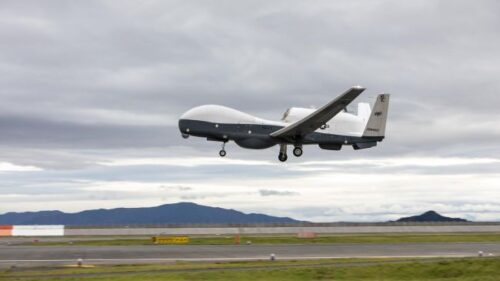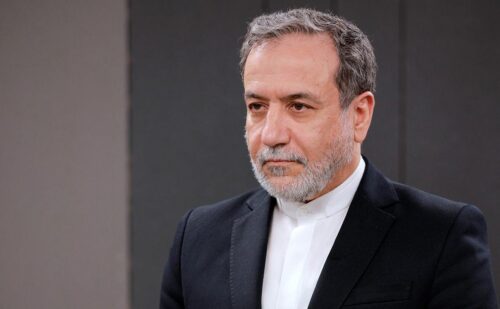
‘Zangezur Corridor’ consolidates US’s long-term role in South Caucasus and reduces Tehran’s leverage, The Hill writes
President Trump hosted the president of Azerbaijan and prime minister of Armenia at the White House last month, to finalize the “Zangezur Corridor” peace deal between the two countries, The Hill writes.
As noted, the agreement establishes a direct road connection between Azerbaijan and the exclave of Nakhijevan, which is sandwiched between Armenia and Iran. The road would pass through Armenia’s territory and remain under Yerevan’s sovereignty and control. The deal thus bypasses Iran and secures Washington a lasting foothold in the South Caucasus.
The publication states that Iran’s setback in the Caucasus is not an isolated event but part of a broader pattern: One by one, Iran’s foreign policy investments are unraveling. In Syria, Iran’s costly efforts to keep Bashar al-Assad in power collapsed, wiping away more than a decade of financial and military commitments. In Lebanon, Hezbollah’s position has been severely weakened.
The “12-day war” brought Israeli and U.S. airstrikes against Iranian military and nuclear sites, killing senior commanders and damaging infrastructure. Tehran’s reply — a carefully limited missile barrage — was meant to signal resolve without triggering all-out escalation.
The Iranian domestic atmosphere is just as fragile. Military clashes can still stir a measure of unity against foreign enemies, but that faded quickly against the backdrop of a fractured political system. Inflation, economic stagnation and electricity and water shortages have deepened public anger, leaving officials wary of even touching subsidized fuel prices.
Iranian President Masoud Pezeshkian projects a reformist image at home but remains bound by the structural constraints of the Islamic Republic. Confronted with crises, his reformist rhetoric risks exposing the system’s fragility.
The “Zangezur” agreement represents Trump’s calculated effort to project himself as a global peacemaker and win a Nobel Peace Prize. But it is more than symbolic branding: The deal secures a durable U.S. presence in the South Caucasus and strengthens Washington’s hand in shaping regional connectivity.
For Iran, the contrast is stark. The agreement reduces Tehran’s influence in the regional transit equation and its leverage over both Baku and Ankara. Taken together, the “Zangezur Corridor” delivers both strategic and economic setbacks for Iran. It establishes a permanent route that bypasses Iranian territory, embeds a long-term U.S. role in the South Caucasus and reduces Tehran’s leverage.


